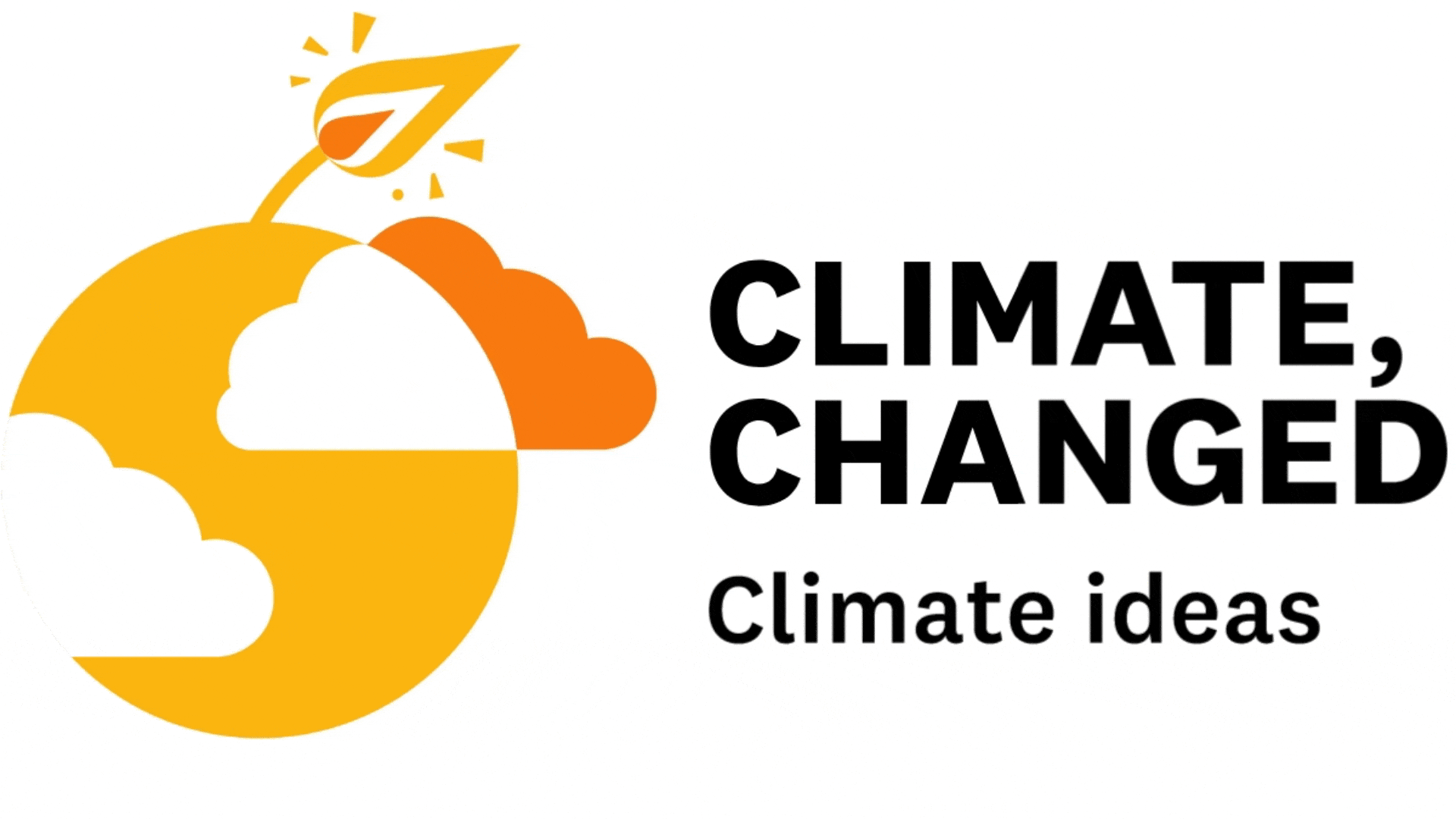PRAGUE — It was all smiles, small talk and prolonged handshakes as dozens of global leaders gathered in Prague for the inaugural European Political Community meeting on Thursday — but already, a row was brewing over how to handle the energy crisis enveloping the Continent.
The gathering, which brought together over 40 European leaders, is meant as a show of solidarity in the face of Russia’s war in Ukraine.
But it also came a day ahead of a meeting of the 27 EU countries, who are slated to have an energy-focused meeting on Friday after their non-EU counterparts depart. And it was clear that Thursday’s glad-handing could only last so long, given the difficult issues facing the leaders.
French President Emmanuel Macron, the de facto host of Thursday’s gathering, was direct in dismissing a key energy project some of his own neighbors argue will help the EU’s energy problems — a giant gas pipeline connecting Spain with Germany and the rest of Europe.
Arriving at the summit, Macron cast doubt on the relevance of building the so-called MidCat pipeline, which would help deliver gas from the Iberian Peninsula via France to Germany and beyond. He told reporters it would take “five to eight years” to build and argued that the current pipelines are only being used between 50 and 60 percent anyway.
“I think that our priority is to have electricity interconnections in Europe and I’m more favorable to those projects,” said Macron, an implicit put-down of the gas-focused MidCat project.
The crack in the grins and paeans for unity reflects the ongoing challenge for both the EU and Europe as Russia’s war in Ukraine drags through its eighth month. While countries doggedly want to preserve a united front against Russia, the Continent’s divergent ideas about how to handle the escalating energy crisis are making that increasingly difficult.
On Thursday, the French president made the case that Europe’s energy future should be based on renewable and nuclear power, one of France’s main energy assets.
“Do we want to become big gas importers in the long term?” he asked.
But Germany is strongly pushing the MidCat deal, with Chancellor Olaf Scholz flying to Spain on Wednesday to discuss the project and other energy matters with Spanish Prime Minister Pedro Sánchez on the eve of the Prague gathering.
“MidCat could connect the Iberian Peninsula and Central Europe for the future transport of hydrogen. I am expressly advocating that we create this connection,” Scholz told reporters following the Spanish-German talks.
Scholz had sought to strike a cautiously optimistic tone, saying that Berlin and Madrid wanted to build the pipeline “in friendship and cooperation with France, and we don’t have the impression that that is out of the question.” The Germans say the pipeline could be finalized within nine months and active next year.
Spain, too, sees the pipeline as an opportunity to export to sell its own green hydrogen to Northern Europe.
Speaking alongside Scholz in A Coruña, Sánchez said that “we have a gasification capacity in Spain that we would like to make available to Europe. But the paradox is that we are an energy island because we don’t have these interconnectors.”
Tackling Europe’s rising energy costs and diversifying away from Russian energy sources is a central theme of Thursday’s gathering of the European Political Community — a forum that aims to bring countries with shared interests closer together.
The leaders are meeting in the historic surroundings of Prague Castle, overlooking the central European city capital.
As the gathering began, Ukrainian President Volodymyr Zelenskyy addressed the group by video link. He called the format “an extremely powerful opportunity to restore peace in Europe.”
“Here and now, I urge you to make a basic decision — a decision about the purpose for this community of ours, for this format of ours,” he said. “We, the leaders of Europe, can become the leaders of peace. Our European political community can become a European community of peace.”
Ukrainian Prime Minister Denys Shmyhal is attending the forum in person, as are leaders from across the region, including British Prime Minister Liz Truss and Turkish President Recep Tayyip Erdoğan.
European Commission President Ursula von der Leyen and European Council President Charles Michel are also in attendance, with von der Leyen due to hold a bilateral meeting with Truss.
Speaking as he arrived at the summit, Dutch Prime Minister Mark Rutte praised Britain’s support for Ukraine since the start of Russia’s war, describing the U.K. as an important partner — a notable compliment given the frequently testy U.K.-EU relationship since Brexit.
“The U.K is one of the biggest economies in the world,” he said. “The U.K. is providing leadership over the last six months, nine months. Since the Russian aggression against Ukraine, it was the U.K. leading the way.”
Ireland’s leader Micheál Martin also said he did not envisage the issue of the Northern Ireland protocol — an unresolved aspect of the Brexit agreement — to feature during Thursday’s meeting, noting that it was important “to create space” for technical discussions that have started this week between Brussels and London.
“I do think there’s good faith on all sides,” he said, signaling optimism about the prospect of a breakthrough on the arrangements for Northern Ireland.
This article is part of POLITICO Pro
The one-stop-shop solution for policy professionals fusing the depth of POLITICO journalism with the power of technology
Exclusive, breaking scoops and insights
Customized policy intelligence platform
A high-level public affairs network




